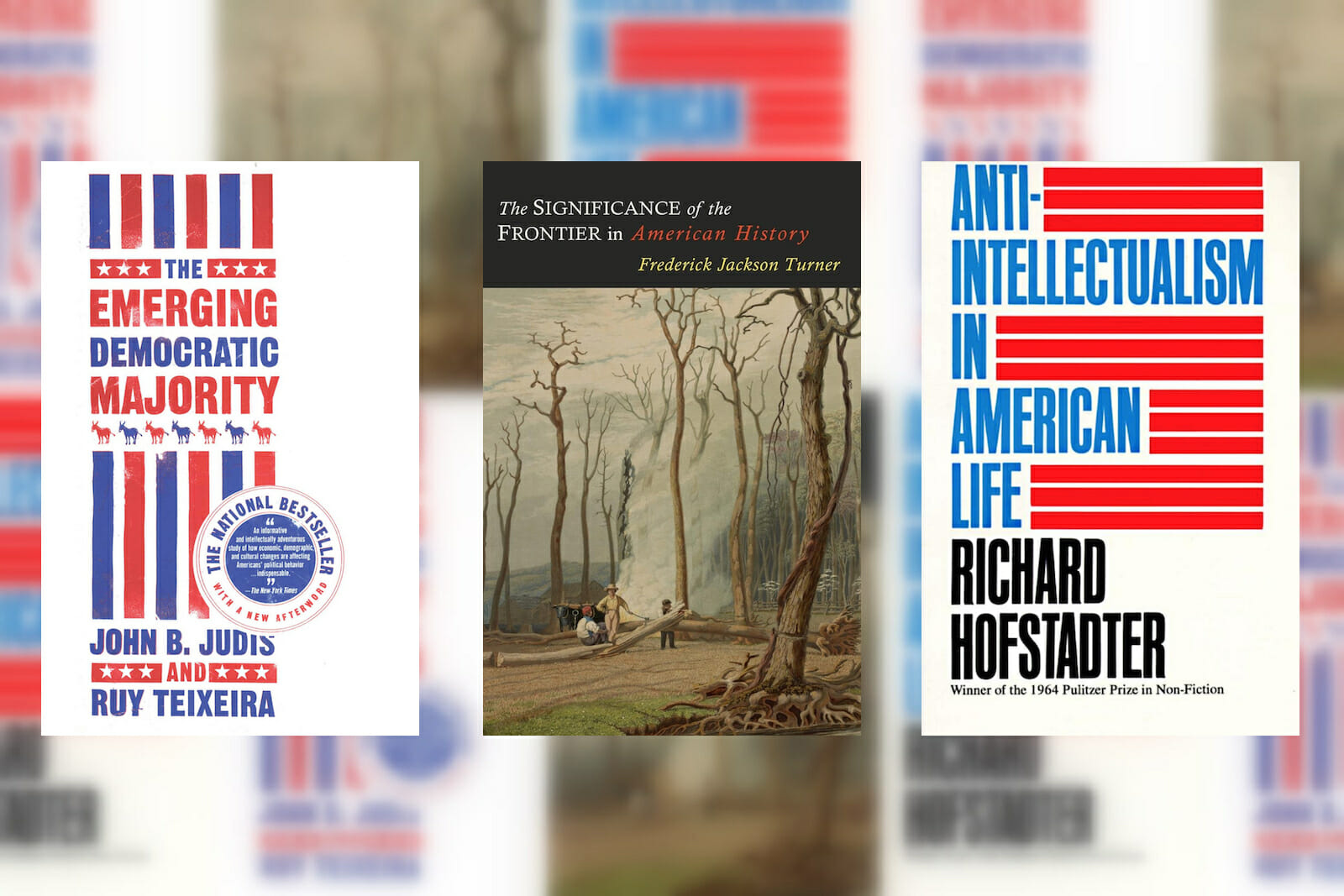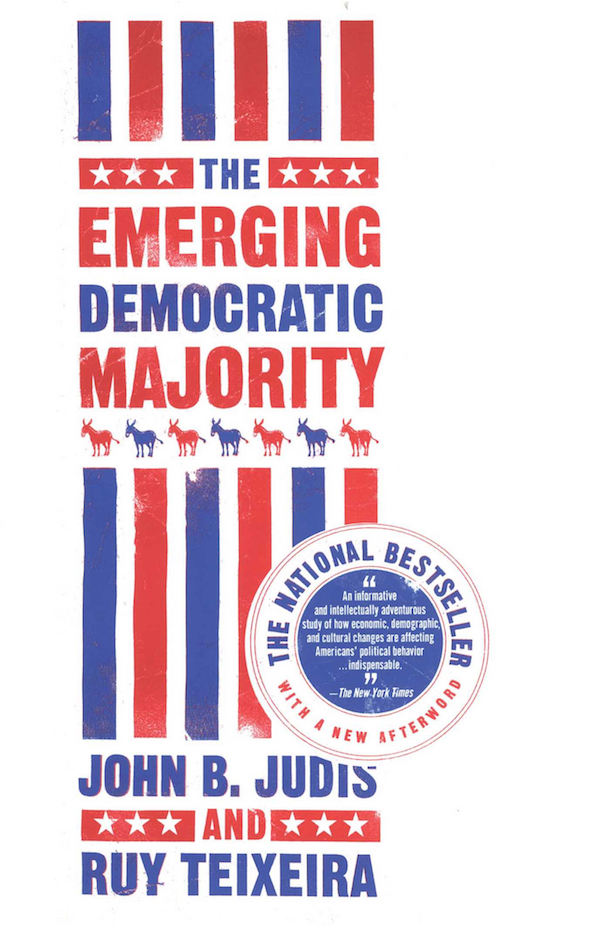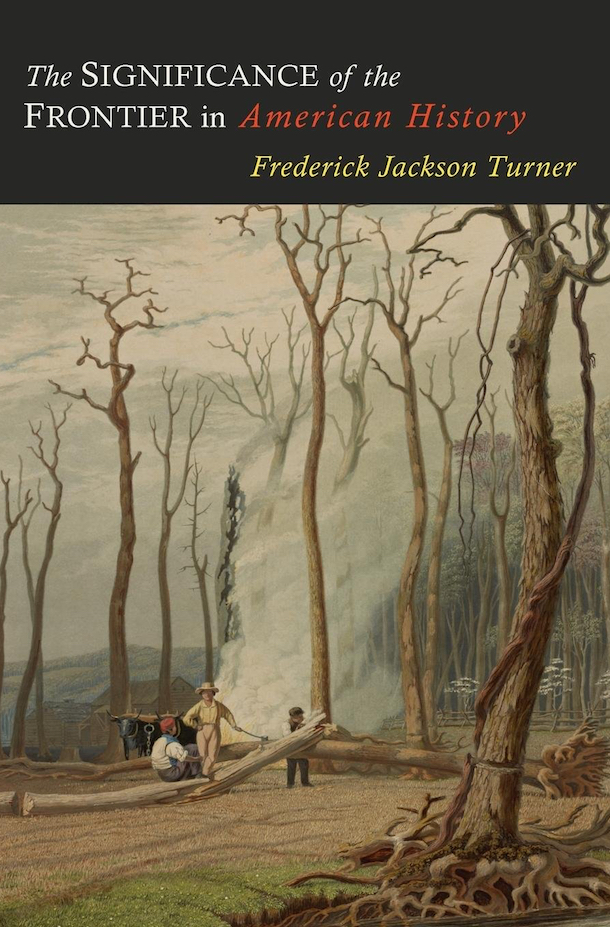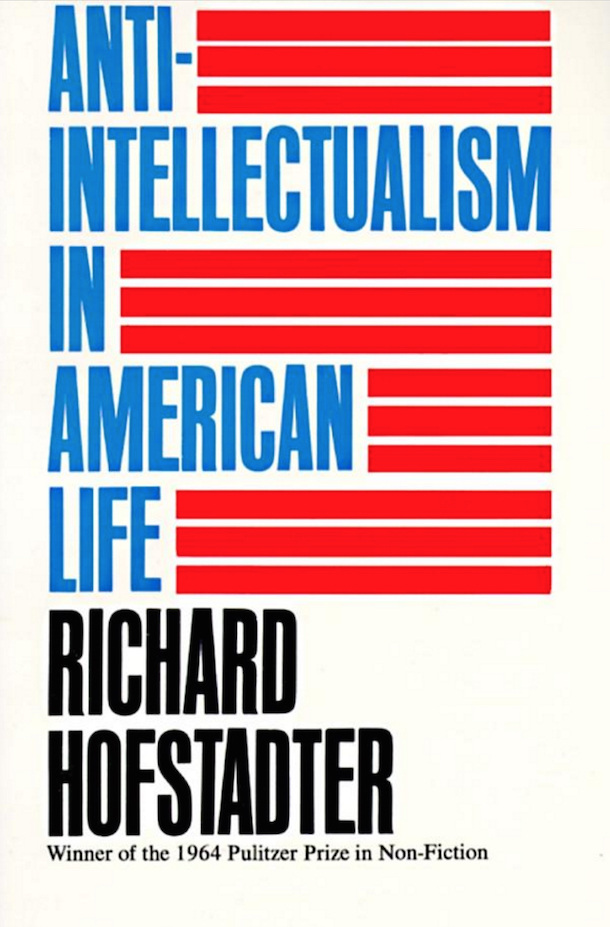
Books
Three Handbooks for Election 2012
Some American political consultants say that elections are simple addition problems, combining identified Democratic and Republican voters for victory. Others claim they concern broader American values, which either party can exploit at any occasion.
The following three books analyze momentary political labels and long-term U.S. cultural trends.
They are far denser and richer than Facebook and Twitter political dialogue, and ultimately more satisfying for the U.S. citizen searching beyond weekly journalism for a philosophical understanding of the 2012 presidential elections.
Much of the snarl in political debate comes from a single-minded fixation on proximate cause. The most perceptive political histories can provide a measure of solace as well as wisdom for breathless activists.
This trio is diverse enough to be a primer for novices and a treasure for lifelong political junkies.
The Emerging Democratic Majority by John B. Judis and Ruy Teixeira (Simon & Schuster, 2002). Arriving in bookstores at the time it did, soon after the George W. Bush began his first presidential term, the book’s visions of Democratic hegemony failed to impress political strategists outside the progressive community.
But the exact start date projected for the Democratic era is a small concern compared to the larger message of the thesis, the connection between the rise of the postindustrial economy and a new Democratic majority. This cogent theory of political geography distinguishes this book.

Judis and Teixeira, like smart campaign managers, understand that strong campaigns depend on maps. An entire chapter discusses the geography of the new Democratic majority—postindustrial capitals the authors call “ideopolises.” These urban centers produce complex ideas rather than finished goods.
Examples include: Los Angeles, whose economy revolves around Hollywood productions; Raleigh-Durham, home of the Research Triangle; and San Francisco and San Jose, home to Silicon Valley.
The cultural footprint of the ideopolis is just as distinct as its economy. Social liberalism and intellectualism pervade; often these localities boast multiple colleges and universities, and many Starbucks coffee outlets.
As these ideopolises grow, moreover, their suburbs usually vote the same—even when this growth expands into a new state.
Philadelphia is a prime example. Cecil County, Maryland, has been trending Democrat on social and economic issues for the past decade due to an influx of new residents from the Philly area across the state border. Suburbs in Cecil County show their pride by hanging Philadelphia Eagles flags in their windows.
Los Angeles is another example. Many Californians are moving to Nevada to escape LA smog, traffic, and crime. More and more, Las Vegas looks demographically like LA—and votes like its bigger cousin. Since Las Vegas is by far the population center for Nevada, its growth is pulling the entire state into the solid Democrat column in presidential elections.
Barack Obama won Nevada in 2008 due to this trend; he should win the state again in 2012.
The growth of Boulder, Colorado, another ideopolis, helped Obama win the state in 2008, and a Democratic trend should continue through 2012.
Judis and Teixeira brilliantly apply this analysis to metro areas across the country, predicting a Democratic trend nationwide that would ultimately help progressives retake the White House in 2008.
No matter who wins the White House in 2008, the demographic analysis here is a keen instrument.
Rereading Frederick Jackson Turner: The Significance of the Frontier in American History and Other Essays by Frederick Jackson Turner (Yale UP, 1998).

No long conversation about the American cultural values that inform presidential elections would be complete without Turner’s “frontier thesis,” a milestone of U.S. historiography.
What Turner described to historians in 1893 so synchronized with American folklore that it fused to school curricula for generations. His words echoes U.S. political rhetoric today: “The existence of an area of free land, its continuous recession, and the advance of American settlement westward explain American development.”
While practical needs for virgin soil for ranches and farms motivated 19th century frontier development, now, more idealistic concerns drive frontier mythology.
Bygone images of the prairie are used to market suburban real estate, especially along the Sunbelt. Century-old impulses for seemingly limitless natural resources on the frontier underlie national policy on oil exploration.
The top GOP presidential candidates for 2012 sell the image of the frontier to voters on television, just as Dodge uses it to sell Dakota trucks to consumers. They follow the example of previous Republican president George W. Bush, who often voiced his platform over montages of the Texas countryside.
Sarah Palin, whose candidacy is unofficial but up for sale, presents a portrait of her home state of Alaska to Americans that is green, wild, and full of promise.
Mitt Romney promotes his roots in Utah mountain country rather than his Massachusetts governorship.
Palin and Romney understand that while the frontier is technically closed, the demand for its benefits—and the demand for nostalgia–is greater than ever. “Movement has been its dominant fact,” Turner said, “and, unless this training has no effect upon a people, the American energy will continually demand a wider field for its exercise.”
Anti-Intellectualism in American Life by Richard Hofstadter (Random House, 1963).

This Pulitzer Prize-winning work debates the value of books and ideas for acquiring political wisdom, and builds a case for intellectualism. The author searches in the history of evangelical Christianity, education theory, and business ethics, for the roots of anti-intellectualism in America.
In Hofstadter’s day, his message spoke to a country divided by McCarthyism. He attempted to explain the argument posed by anti-intellectual politicos:
“Intellectuals, it may be held, are pretentious, conceited, effeminate, and snobbish; and very likely immoral, dangerous, and subversive. The plain sense of the common man, especially if tested by success in some demanding line of practical work, is an altogether adequate substitute for, if not actually much superior to, formal knowledge and expertise acquired in the schools.”
Still, one of the most controversial descriptors one can use for a politician is the word “elitist.” Any campaign so tagged smacks of anti-democratic, narrow-minded strategy. Al Gore’s 2000 presidential campaign and John Kerry’s 2004 presidential campaign thus suffered from poor branding.
The conservative wing of the contemporary Republican Party, now championed by Sarah Palin and Michele Bachmann, associates elitism with big cities—Judis and Teixeira’s ideopolises, essentially. Palin and Bachmann, self-proclaimed messengers of common sense, scoff at arguments backed by advanced degrees.
The current climate change debate shows that even theories crafted by hard sciences can lose credibility with large swaths of the American public due to anti-intellectual diatribe.
Last year’s hit Western remake True Grit, directed by Joel and Ethan Coen, features a frontier hero, Rooster Cogburn, who can barely spell. Cogburn mistrusts and mocks Texas Ranger LaBoeuf’s art with words, even as he practices wordplay himself:
“It astonishes me that Mr. LaBoeuf has been shot, trampled, and nearly bitten his tongue off, and yet not only does he continue to talk but he spills the banks of English.”
Populism and intellectualism can coexist in art and in politics. These three handbooks for the 2012 presidential elections are proof.
Hofstadter reminds us that the Declaration of Independence and other founding documents of America were works of intellectual artistry as well as common intuition: “The founding fathers were sages, scientists, men of broad cultivation, many of them apt in classical learning, who used their wide reading history, politics, and law to solve the exigent problems of their time.”

